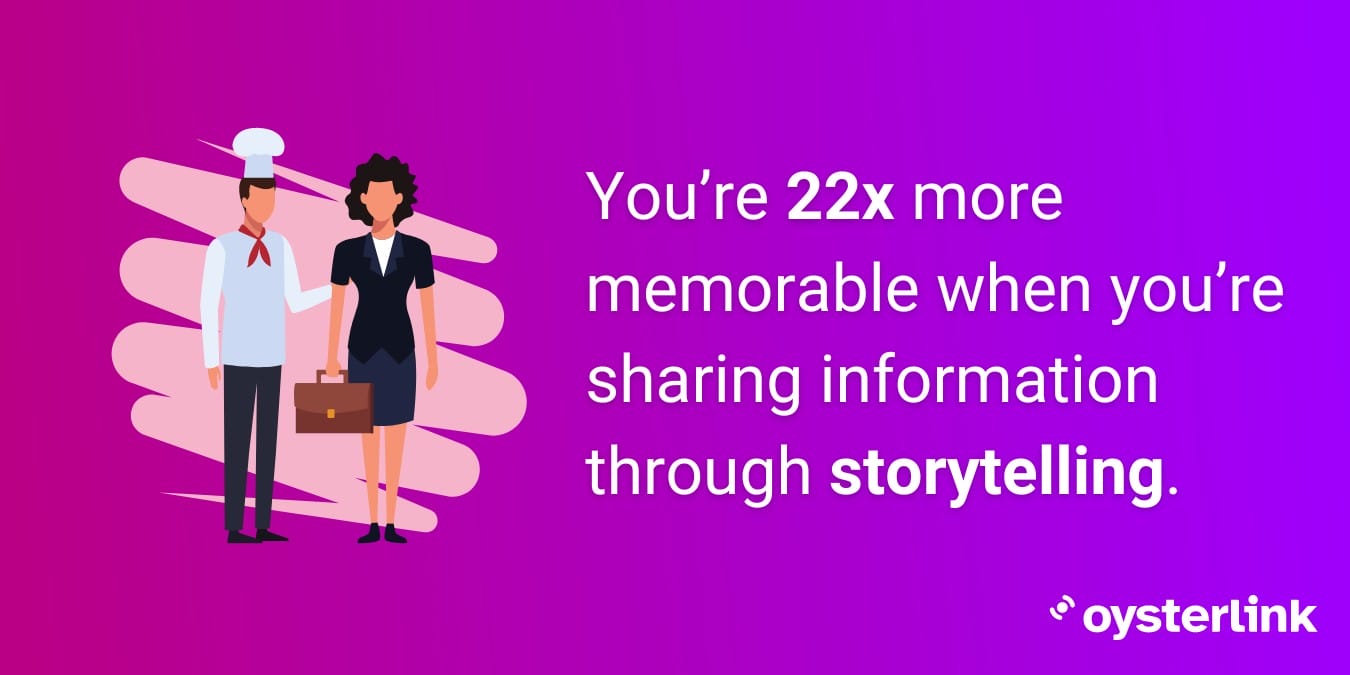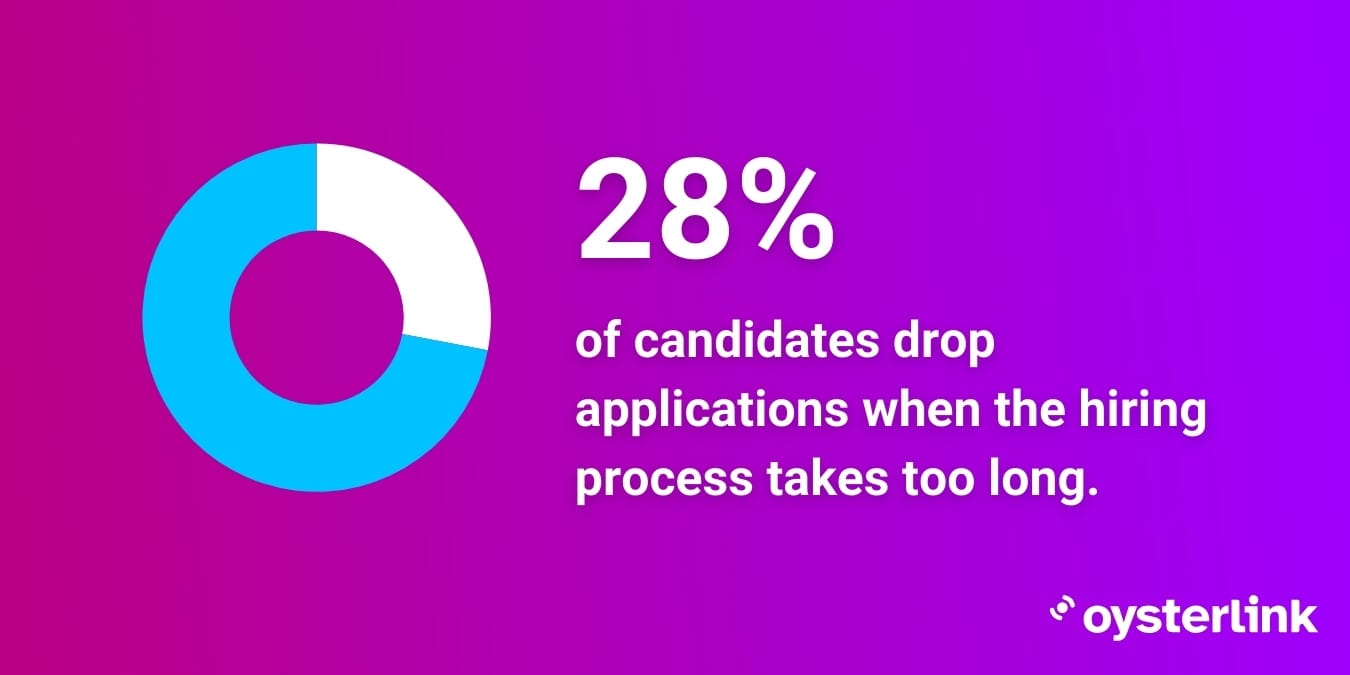As with most leadership positions, interviewing for an Executive Chef role requires a lot of preparation. You need to showcase your ability to manage an establishment’s finances, guide the culinary team and ensure the kitchen’s operational efficiency.
To help you ace your interview, we’ve compiled some of the most common questions asked of Executive Chefs so you can practice giving thorough answers.
We also shared tips for employers to help them choose the right professional for their organization.
Questions for an Executive Chef Interview
Our interview questions cover professional background, culinary expertise, business acumen and personnel management. These are areas that employers will focus on to evaluate if you have the best set of skills, knowledge and experience to achieve their organization’s key performance indicators.
Professional Background Questions Asked in an Executive Chef Interview
To answer questions about your professional background, use a storytelling approach to make yourself memorable. Renowned psychologist, Jerome Bruner, said that humans are 22 times more likely to remember information if it’s woven into a story.

Why did you become an Executive Chef?
Example answer: “Becoming an Executive Chef is a natural progression given that I’ve always found cooking therapeutic. In addition, I enjoy being able to share my dishes with my family, especially during the holidays as it makes them extra memorable.
Another reason why I became an Executive Chef is that I feel fulfilled whenever I get to share my knowledge and techniques with my friends to help them create delicious food for their families as well. This is a profession I feel extremely passionate about. I get to combine my love for cooking and teaching others.”
Can you walk me through your training to become an Executive Chef?
Example answer: “Of course. I started working as a Server in a fine dining restaurant in New York City, where I learned a lot about customer service and basic kitchen operations. Shortly after, I was promoted to Kitchen Assistant, where I worked directly with Chefs to help with food preparation. I worked in that restaurant for three years until I decided to enroll in a culinary school.
I finished my degree in culinary arts and food service management after four years. Immediately after that, I applied as a Sous Chef in a hotel and worked my way up to the Executive Chef position. While employed at the hotel, I completed certifications from the American Culinary Federation, including the Certified Executive Chef program.”
Personnel Management Questions Asked in an Executive Chef Interview
Part of your duties as an Executive Chef is mentoring the kitchen staff. Employers would like to evaluate your leadership skills by asking you personnel management questions. When answering, use specific instances in your previous work to highlight your ability to spot a talent, train and manage people.
When hiring kitchen staff, what are the qualities you usually look for?
Example answer: “It depends on the specific role. For example, when I’m hiring a Pastry Chef, I prioritize aptitude for problem-solving, leadership skills and good work habits. But in general, I make sure that my culinary team is technically skilled, creative and capable of staying calm under pressure. These skills are essential to thrive in a fast-paced kitchen environment.”
Think of someone you’ve trained in your previous work. Where did they start, and where are they now?
Example answer: “In my previous employment, I had the pleasure of working with a Food Expeditor named Beatrice. She approached me and asked if I could mentor her as she dreams of being an Executive Chef one day. I agreed to teach her and gave her more responsibilities as she has good work ethic, keen attention to detail and is passionate about the industry.
Shortly after, she was promoted to Line Cook where she showed great leadership skills. After three years, she progressed to a Sous Chef role. Last I heard from her, she’s enrolling in a culinary school to expand her skills and qualifications. I’m proud of and thankful for being able to be a part of someone’s success.”
Culinary Expertise Questions Asked in an Executive Chef Interview
Executive Chefs are in charge of ensuring the quality of dishes served and creating innovative and cost-efficient menus. When answering questions related to this responsibility, provide a step-by-step explanation to share your thought process.
What’s your process for developing new menus?
Example answer: “I always start with an understanding of the restaurant’s concept, cuisine and target audience. Once those are settled, I prioritize selecting seasonal and locally sourced ingredients. This way, I can support local farmers and reduce our environmental footprint while ensuring I’m using the freshest ingredients.
Then, I start working on menu development and recipe creation, which is my favorite part as I get to be creative, combining different ingredients to achieve different colors, a variety of textures and satisfying tastes. Menu development and recipe creation also involve incorporating the latest culinary trends and seeing to it that what we offer caters to a wide range of dietary restrictions.
Once the menu and recipes are set, I collaborate with the Restaurant Manager to determine the prices. Finally, once the menu is launched, I gather feedback from the customers to make adjustments to the recipes as necessary. These are the general steps I take to make sure that the menu is innovative, profitable and dietary inclusive.”
How do you ensure food quality?
Example answer: “There are several steps I take to ensure food quality. First, I make sure that all the ingredients we receive from our suppliers are fresh by implementing strict inspection procedures. Second, I ensure they’re properly labeled and stored. Third, I make it a point to keep the kitchen staff up to date with the latest food safety protocols. Fourth, we keep the kitchen area and equipment clean and sanitary to avoid contamination. Lastly, I hold regular meetings with the kitchen staff to identify areas for improvement. I welcome feedback and suggestions from the team to continuously improve our processes and maintain the highest quality standards.”
Executive Chef Interview Questions About Business Acumen
Executive Chefs are valued for their ability to increase a restaurant’s revenue, manage budgets and implement strategies to solve problems efficiently. When dealing with questions about your business acumen, provide concrete examples to support your answers.
How do you manage food costs?
Example answer: “The first thing I do is gather previous sales data and seasonal trends to avoid over-purchasing of ingredients. Second, I train the kitchen staff to strictly follow recipes by properly using measuring tools and abiding by portion control to minimize waste. I tell my team that the less waste we have inside the trash bag at the end of the day, the better. It means we were able to use all parts of the ingredients we have. For example, we don’t throw away animal bones. We use them to make stock or soup. Finally, I make sure to have good working relationships with local suppliers and farmers so that we get the best prices in bulk amounts.”
How do you develop and manage kitchen budget?
Example answer: “I start by identifying what the kitchen needs. I consider factors such as food costs, labor and equipment maintenance. Understanding this helps me set a realistic budget.
Second, I use previous budget data to identify patterns. For instance, in my previous work, I noticed that we had a lot of staff filing for overtime. I discovered that the schedules weren’t managed properly, and they were staying late due to inefficient kitchen operations. As soon as I resolved this issue, we were able to lower our labor costs.
Third, I make sure that my menus balance quality and cost. I use seasonal and local ingredients from suppliers with whom I have very good relationships. This enables me to buy quality ingredients at a low cost. Lastly, I use technology to help track our expenses and analyze cost data. This expedites the whole budget development and management process. These steps allow me to develop a realistic budget and make informed financial decisions.”
How To Prepare for an Executive Chef Interview
Aside from practicing answers to commonly asked interview questions, here are other tips that will help you make a lasting impact on the interviewer.
1.Ask questions
Interviews are a two-way street. Learn as much as you can about the company, team culture and processes to make sure they’re aligned with your experience, skills and career goals. Below, we’ve given example questions you can ask your potential employer:
- What’s the average turnover rate for kitchen staff?
- How are conflicts resolved within the kitchen team?
- How do you ensure that your kitchen staff is happy?
- How do you manage and track food, labor and operational costs?
- What are the financial goals of the restaurant this year?
2. Bring your portfolio
Your portfolio should align closely with the dishes offered by your potential employer. Aside from photos of your dishes, you can also include cost control reports that will help support your answers to interview questions about food cost management and budgeting.
3. Ensure a good night’s sleep
Interviews are always nerve-wracking. But try your best to be well-rested the night before your interview to keep yourself focused and able to answer the questions excellently. You’ll also look your best when you have quality sleep. So, keep this in mind as part of your interview preparation.
[Source: Escoffier Home Gourmet]
Interview Tips for Employers
Hiring for a leadership role requires careful planning to ensure you choose the right candidate. A bad hire can potentially demoralize the team, incur unnecessary costs and slow down operations. Below are some tips to help you hire the best staff for your organization.
- Make the hiring process as fast as possible: Interviewing for leadership positions such as Executive Chef usually takes longer, but make sure to avoid excessive delays that can extend the hiring process beyond four weeks. BBC shares that 28% of candidates drop their application if the process takes too long.

- Break the ice: Make an effort to alleviate tension. This helps build rapport between you and the candidate. When a candidate feels comfortable in the environment they’re able to share more. From your end, you get to see their true personality and evaluate if their communication style would be a good fit for the team.
- Conduct a taste test: After the interview, consider having a taste test so you can assess the candidate’s creativity, efficiency and commitment to quality standards. You can ask them to create your establishment’s signature dish. Consider involving other members of the kitchen staff in the taste test to provide an even more comprehensive assessment.